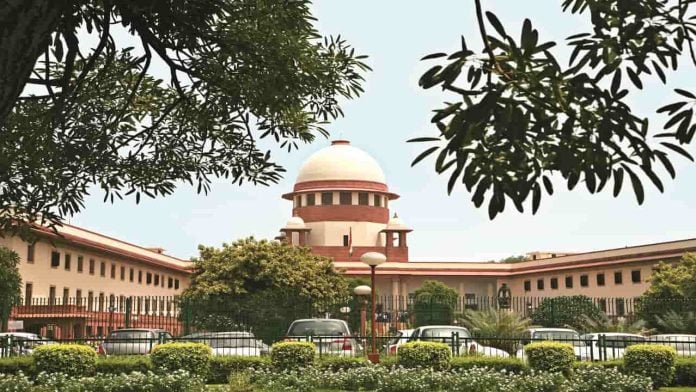The Supreme Court has observed that just because a person was educated and said to be God-fearing, it cannot be said that the person had a positive reputation.
The Bench of Justice MM Sundresh and Justice JB Pardiwala made these observations on Friday, while setting aside the Himachal Pradesh High Court order, which noted that since the Prosecution Witness (PW) 1 was an educated and God-fearing person, his testimony had to be accepted.
The Apex Court held that the conduct of the witness under Section 8 of the Evidence Act was important to determine and prove the reputation of a witness.
It noted that the High Court had misconstrued the concept of reputation and ‘blindly’ believed the evidence of PW1 on the grounds that character and reputation did have an element of interconnectivity. Reputation was predicated on the general traits of character. In other words, character may be subsumed into reputation.
The top court of the country held that courts were not expected to get carried away by the mere background of a person, especially while acting as an appellate forum, when his conduct, being a relevant fact, created serious doubt.
The conduct of a witness under Section 8 of the Evidence Act was a relevant fact to decide, determine and prove the reputation of a witness, it said, adding that when the conduct indicated that it was unnatural from the perspective of normal human behaviour, the so-called reputation took a back seat.
It noted that the trial court had given substantial reasons for its order of acquittal and that the prosecution had failed to establish the charges beyond reasonable doubt.
The Bench further made observations about circumstantial evidence, double presumption and non-examination of material witnesses in the case.
It said one had to be circumspect and cautious while undertaking the exercise of linking the evidence available. The courts should not lose sight of the fact that such evidence should unerringly lead and point out the accused alone, of course, on the facts of each case.
It further said that when a trial court rendered its decision acquitting an accused, the presumption of innocence gained strength before the appellate court. When the Trial Court had already given a plausible view on the matter, the High Court ought not have replaced it with another view, noted the Bench.
It said that the failure on part of the prosecution in not examining a witness, though material, by itself would not vitiate the trial. However, when facts were so glaring and with the witnesses available, particularly when they were likely to give a different story, the Court should have taken adequate note of it.
In the said case, scores of witnesses had not been examined. It was nobody’s case that witnesses were not available.
The effects of absconding could not be the only factor to convict an accused. In this case, the prosecution case was that the accused had absconded after the alleged incident.
Upholding the trial court verdict, the Bench gave benefit of doubt to the appellant and ruled that the prosecution has not proved its case beyond reasonable doubt.
(Case title: Harvinder Singh @ Bachhu vs The State of Himachal Pradesh)


